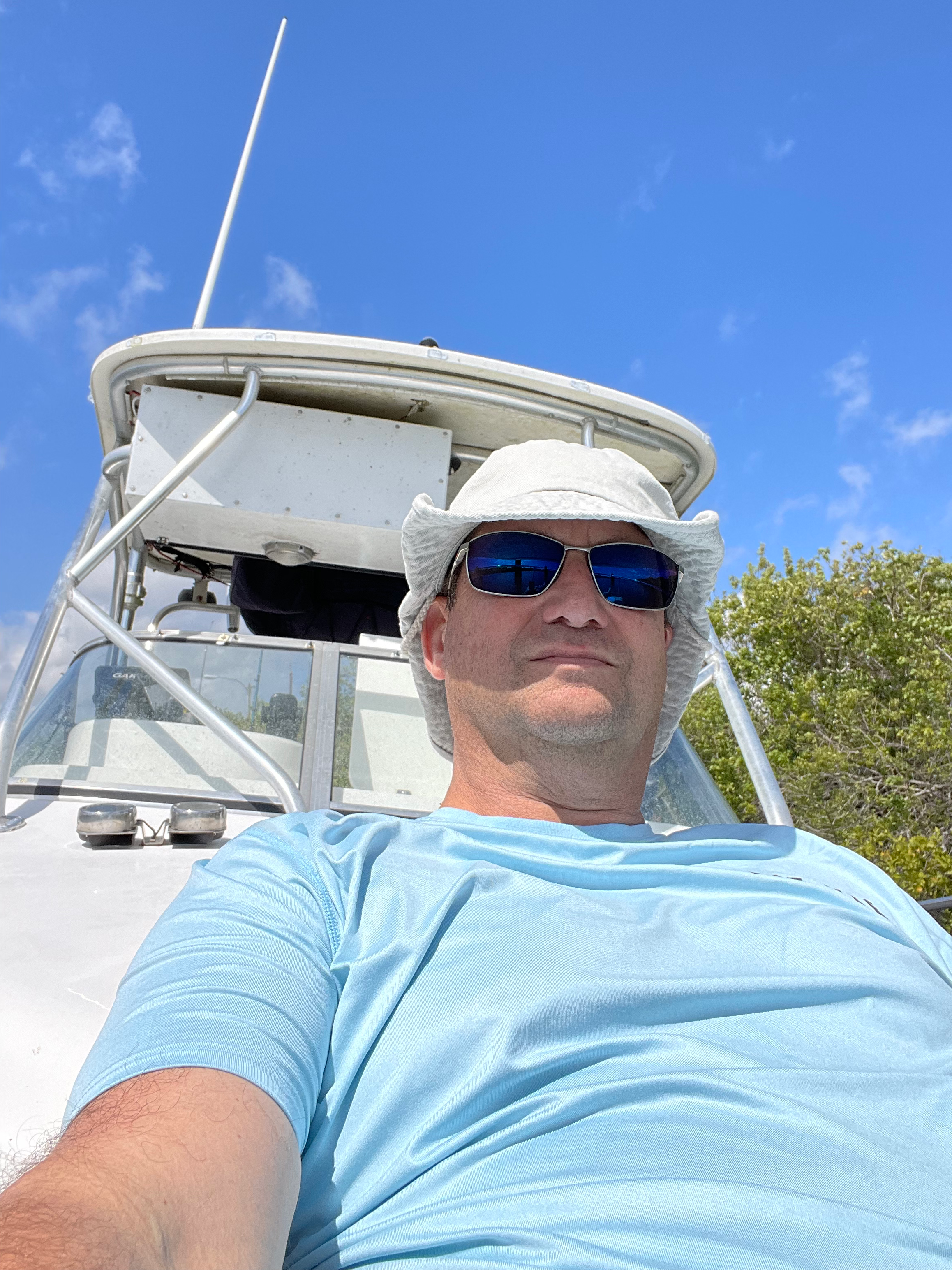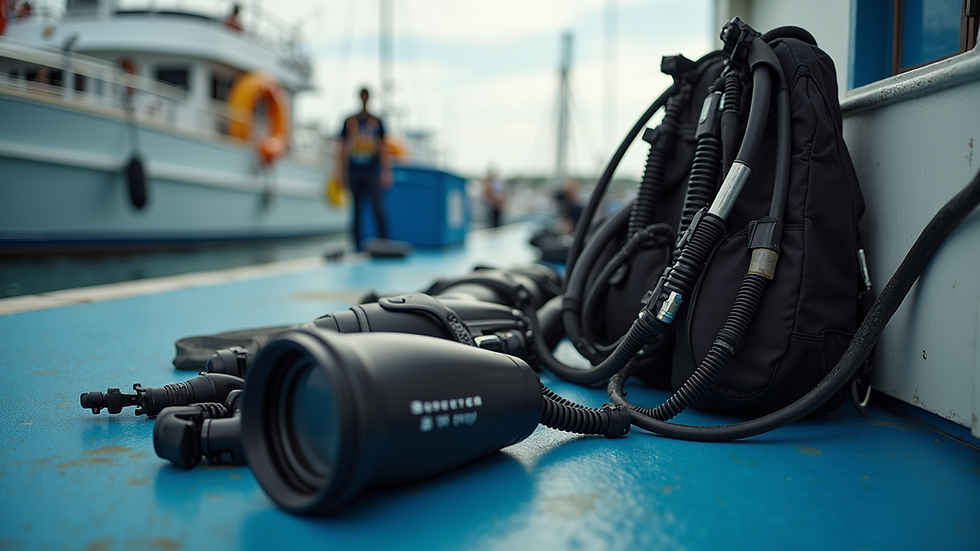Steps to Becoming a Certified Scuba Diver
- Robert Attama

- Aug 21, 2025
- 3 min read
Updated: Aug 24, 2025
Scuba diving opens up a whole new world beneath the waves. It offers an incredible opportunity to explore vibrant coral reefs, swim alongside fascinating marine life, and experience the tranquility of the underwater environment. However, before you can dive safely and confidently, you need to become a certified scuba diver. This process involves training, practice, and passing certain requirements to ensure you understand the skills and safety measures necessary for diving.
Understanding Diver Certification and Its Importance
Diver certification is a formal recognition that you have completed the necessary training to dive safely. It is essential because scuba diving involves risks that require knowledge and skills to manage. Certification courses teach you how to use diving equipment, understand underwater signals, manage buoyancy, and respond to emergencies.
There are different levels of certification, but the most common entry-level certification is the Open Water Diver. This certification allows you to dive independently with a buddy to a certain depth, usually up to 60 feet (18 meters). Without certification, most dive shops and resorts will not allow you to rent equipment or join guided dives.
Getting certified also helps you build confidence. Knowing you have the skills to handle various underwater situations makes your diving experience more enjoyable and safe.

The Process of Getting Your Diver Certification
Becoming a certified scuba diver involves several key steps. Each step is designed to build your knowledge and skills progressively.
Choose a Certification Agency and Course
There are several reputable agencies offering diver certification, such as SDI, PADI, NAUI, SEI, CMAS and others. Each has its own course structure but generally covers the same essential skills. Research and select a course that fits your schedule, budget, and location.
Complete the Knowledge Development Section
This part involves learning the theory behind scuba diving. You will study topics like dive planning, equipment use, underwater communication, and safety procedures. This can be done online or in a classroom setting.
Practice Confined Water Dives
Confined water dives take place in a swimming pool or shallow, calm water. Here, you will practice basic scuba skills such as mask clearing, regulator recovery, buoyancy control, and emergency procedures under the supervision of an instructor.
Complete Open Water Dives
After mastering skills in confined water, you will perform several open water dives in a natural environment like a lake, quarry, spring or the ocean. These dives allow you to apply your skills in real conditions and gain confidence.
Pass the Final Assessment
Your instructor will evaluate your skills and knowledge to ensure you meet the certification standards. Once you pass, you will receive your certification card, which is your official proof of qualification.
For those interested in starting this journey, consider enrolling in an open water diver certification course to get professional guidance and support.

Tips for a Successful Scuba Diving Certification Experience
To make the most of your certification course, consider these practical tips:
Prepare Physically and Mentally
Scuba diving requires a reasonable level of fitness. Being comfortable in the water and having good swimming skills will help you progress faster. Also, approach the course with an open mind and willingness to learn.
Ask Questions and Stay Engaged
Don’t hesitate to ask your instructor for clarification on any topic. Understanding the theory and skills thoroughly is crucial for your safety.
Practice Skills Regularly
Skills like mask clearing and buoyancy control can feel awkward at first. Practice them as much as possible during confined water sessions to build muscle memory.
Stay Relaxed Underwater
One of the biggest challenges for new divers is managing anxiety. Focus on slow, deep breathing and trust your training and equipment.
Dive with a Buddy
Always dive with a buddy and communicate clearly. This is a fundamental safety rule that will be reinforced during your training.

What Comes After Certification?
Once you have your certification, the adventure is just beginning. Here are some ways to continue your scuba diving journey:
Gain More Experience
The best way to improve is by diving regularly. Explore different dive sites and conditions to build confidence and skills.
Take Advanced Courses
Consider enrolling in advanced or specialty courses such as Advanced Open Water Diver, Rescue Diver, or specialties like underwater photography or wreck diving.
Join a Dive Club or Community
Connecting with other divers can provide support, motivation, and opportunities for group dives.
Maintain Your Equipment
Learn how to care for your gear or rent from reputable shops to ensure safety and reliability.
Respect the Environment
Practice responsible diving by protecting marine life and habitats. This helps preserve the underwater world for future divers.
Becoming a certified scuba diver is a rewarding achievement that opens the door to incredible underwater experiences. With proper training, practice, and respect for the ocean, you can enjoy this exciting sport safely and confidently. Dive in and explore the wonders beneath the surface!











Comments